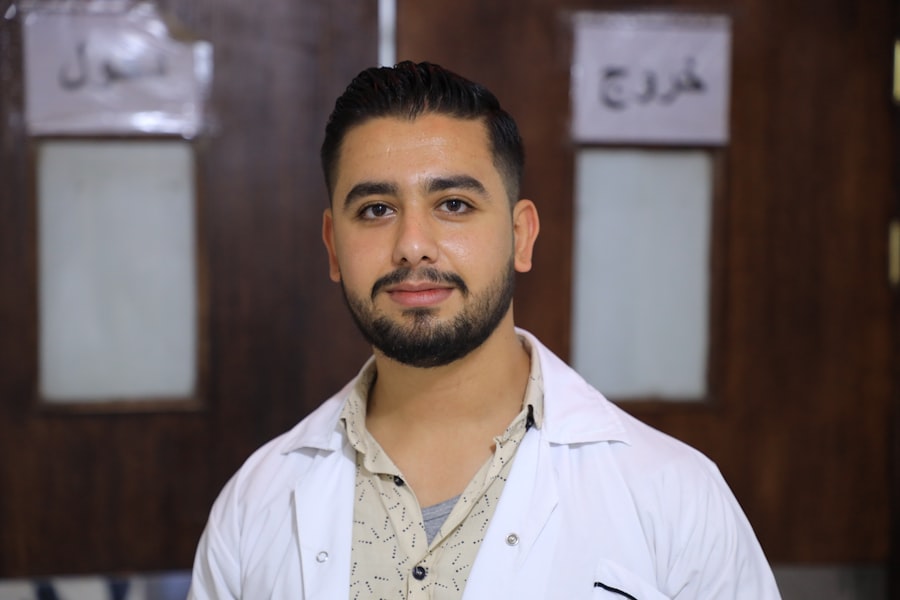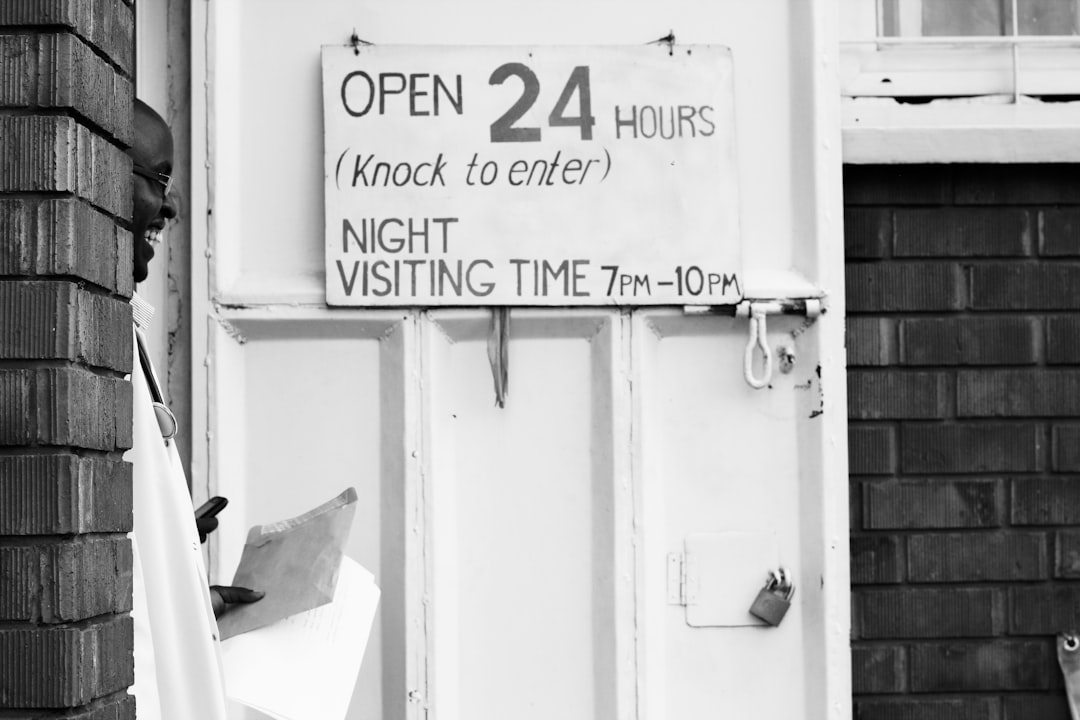Norway is renowned for its high standard of living, and its healthcare system is no exception. The country boasts a comprehensive public healthcare system that is primarily funded through taxation, ensuring that all residents have access to necessary medical services. This system is designed to provide equitable healthcare to all citizens and residents, regardless of their financial situation.
The Norwegian healthcare model is characterised by a strong emphasis on preventive care, which aims to reduce the incidence of diseases and promote overall health within the population. The structure of the healthcare system in Norway is decentralised, with services managed at both the national and local levels. The Ministry of Health and Care Services oversees the overall framework, while regional health authorities are responsible for the delivery of services in their respective areas.
This dual approach allows for tailored healthcare solutions that can address the unique needs of different communities. As a result, Norway’s healthcare system is often cited as one of the best in the world, with high patient satisfaction rates and excellent health outcomes. Book your 1-hour strategy session with Norway Relocation Group.
Summary
- Norway’s healthcare system is publicly funded and provides universal coverage for all residents, including expats and refugees.
- Citizens and permanent residents are automatically covered by the National Insurance Scheme, which includes access to general practitioners, specialists, hospital care, and prescription drugs.
- Expats with work permits are also covered by the National Insurance Scheme, but may need to register with the Norwegian Tax Administration to access healthcare services.
- Students and au pairs are required to have health insurance that covers the cost of medical treatment, and can access healthcare services through the National Insurance Scheme or private insurance providers.
- Refugees and asylum seekers receive necessary healthcare services free of charge, including emergency care, maternity care, and treatment for infectious diseases.
Healthcare for Citizens and Permanent Residents
For Norwegian citizens and permanent residents, access to healthcare is straightforward and largely free at the point of use. The public healthcare system covers a wide range of services, including general practitioner (GP) visits, hospital treatments, and specialist consultations. Citizens are required to register with a GP, who serves as their primary point of contact for medical issues.
This system not only streamlines access to care but also fosters a continuous relationship between patients and their healthcare providers. In addition to general medical services, the Norwegian healthcare system places a strong emphasis on preventive care. Regular health check-ups, vaccinations, and screenings are readily available to citizens and permanent residents, often at no cost.
This proactive approach helps to identify potential health issues early on, ultimately leading to better health outcomes. Furthermore, mental health services are integrated into the public healthcare system, ensuring that individuals have access to psychological support when needed.
Healthcare for Expats with Work Permits

Expats who hold work permits in Norway are entitled to access the public healthcare system, provided they meet certain criteria. To qualify for healthcare services, expats must be registered in the National Registry and have a valid residence permit. Once registered, they can enjoy the same benefits as Norwegian citizens, including access to GPs, hospitals, and specialist care.
It is important for expats to understand that while they have access to public healthcare, they may still be required to pay a nominal fee for certain services. For instance, GP visits typically involve a small co-payment, while hospital treatments may incur additional charges depending on the nature of the care received. However, these costs are generally lower than those found in many other countries, making Norway an attractive destination for expatriates seeking employment opportunities.
Healthcare for Students and Au Pairs
International students studying in Norway are also entitled to access the public healthcare system, provided they are enrolled in a recognised educational institution and have a valid residence permit. This access ensures that students can receive necessary medical care during their time in the country without incurring exorbitant costs. Students are encouraged to register with a GP upon arrival to facilitate easy access to healthcare services.
Au pairs in Norway can also benefit from the public healthcare system if they hold a valid residence permit. However, it is essential for au pairs to ensure that they are registered with the National Registry to gain access to these services. Like students, au pairs may be required to pay co-payments for certain medical services but will find that overall costs remain manageable compared to private healthcare options.
Healthcare for Refugees and Asylum Seekers
Refugees and asylum seekers in Norway are entitled to receive healthcare services under the same conditions as Norwegian citizens. Upon arrival in the country, they are provided with information about how to access medical care and are encouraged to register with a GP as soon as possible. This ensures that they can receive necessary medical attention while navigating their new environment.
The Norwegian government places a strong emphasis on providing comprehensive healthcare services to refugees and asylum seekers, recognising the unique challenges they may face. This includes not only physical health services but also mental health support, which is crucial for individuals who may have experienced trauma or significant stress during their migration journey. By prioritising the health of refugees and asylum seekers, Norway aims to promote their integration into society and support their overall well-being.
Healthcare for EU/EEA Citizens

Citizens from EU/EEA countries enjoy specific rights when it comes to accessing healthcare in Norway. If they hold a European Health Insurance Card (EHIC), they can receive necessary medical treatment during their stay in Norway under the same conditions as Norwegian citizens. This arrangement allows EU/EEA citizens to benefit from public healthcare services without incurring excessive costs.
It is important for EU/EEA citizens to be aware that while emergency care is readily available, non-urgent treatments may require them to pay upfront costs that can later be reimbursed through their home country’s health insurance system. Therefore, it is advisable for EU/EEA citizens planning an extended stay in Norway to ensure they have adequate health insurance coverage in place before arriving.
Healthcare for Non-EU/EEA Citizens
Non-EU/EEA citizens face different regulations regarding access to healthcare in Norway. Typically, they must hold a valid residence permit and be registered in the National Registry to qualify for public healthcare services. Once registered, they can access medical care similar to that available to Norwegian citizens; however, they may encounter higher out-of-pocket expenses compared to EU/EEA citizens.
For non-EU/EEA citizens who do not qualify for public healthcare or prefer additional coverage, private health insurance is an option worth considering. Private insurance can provide quicker access to specialists and elective procedures, which may be beneficial for those who wish to avoid long waiting times associated with the public system.
Private Healthcare Options
While Norway’s public healthcare system is robust and comprehensive, some individuals may choose to explore private healthcare options for various reasons. Private healthcare providers offer a range of services that can include faster access to specialists, shorter waiting times for procedures, and more personalised care experiences. Many private clinics operate alongside the public system, allowing patients the flexibility to choose their preferred method of care.
It is essential for individuals considering private healthcare in Norway to understand that these services typically come at a higher cost than those provided by the public system. Therefore, it is advisable for patients to weigh their options carefully and consider whether private care aligns with their specific needs and financial situation. Additionally, some employers may offer private health insurance as part of their benefits package, which can help offset costs associated with private medical care.
Accessing Emergency Healthcare
In Norway, emergency healthcare services are readily available and accessible to all residents and visitors alike. In case of an emergency, individuals can dial 113 for immediate assistance from ambulance services or emergency responders. It is crucial for everyone living in or visiting Norway to be aware of this number and understand how to access emergency care when needed.
Emergency departments at hospitals are equipped to handle a wide range of urgent medical situations, from accidents and injuries to severe illnesses requiring immediate attention. While emergency care is free at the point of use for Norwegian citizens and residents, non-residents may be charged for services rendered unless covered by travel insurance or other arrangements.
Understanding Healthcare Costs and Coverage
Navigating the costs associated with healthcare in Norway can be complex due to the various factors influencing pricing structures within both public and private systems. While many services are subsidised by the government, patients may still encounter co-payments for certain treatments or consultations. It is essential for individuals to familiarise themselves with these costs ahead of time so they can budget accordingly.
For those covered by public health insurance, there are annual limits on out-of-pocket expenses that help protect against excessive costs over time. Once individuals reach this limit, further medical expenses within that year will be covered entirely by the public system. Understanding these financial aspects can alleviate concerns about unexpected medical bills and encourage individuals to seek necessary care without hesitation.
Tips for Navigating the Norwegian Healthcare System
Successfully navigating the Norwegian healthcare system requires some understanding of its structure and processes. One key tip is to register with a GP as soon as possible upon arrival in Norway; this will facilitate easier access to medical care when needed. Additionally, keeping personal health records organised can help streamline communication with healthcare providers.
Language barriers can also pose challenges within the healthcare system; therefore, it may be beneficial for non-Norwegian speakers to seek assistance from bilingual friends or professional interpreters when attending appointments. Furthermore, understanding your rights as a patient will empower you during interactions with healthcare professionals. For those looking to learn more about navigating life in Norway—including its healthcare system—consider enrolling in Norwegian courses at the NLS Norwegian Language School.
These courses not only provide valuable language skills but also offer insights into cultural nuances that can enhance your experience living in Norway. By improving your language proficiency through NLS’s tailored programmes, you will find it easier to communicate with healthcare providers and integrate into Norwegian society more broadly.
Speak Norwegian with confidence. Enroll in a class at the NLS Norwegian Language School now.

